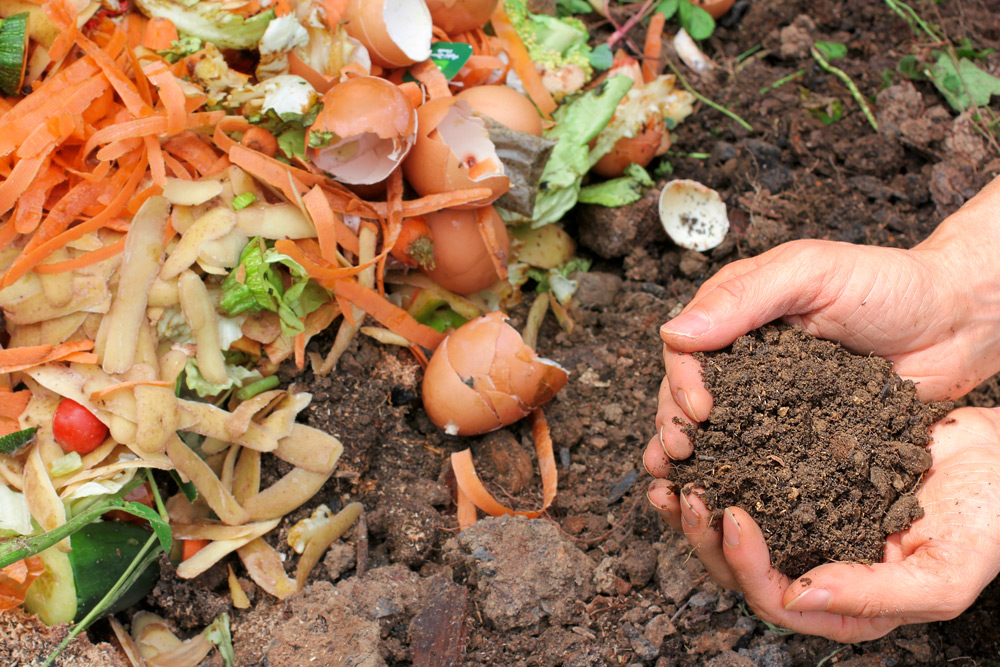Composting At Landfills Can be Beneficial to the Environment
Posted on: December 16th, 2020

Many of us believe that one of the major benefits of composting at our homes or in our communities is to help keep waste out of overcrowded landfills. But a new study is adding to that narrative, saying composting at landfills can provide significant environmental benefits unthought of previously.
James Levis, co-author of the study and research assistant professor of civil, construction and environmental engineering at NC State University, says, “There are an increasing number of composting programs out there, and many of them are required to use the resulting compost ‘beneficially’. A lot of state and local regulations don’t recognize ‘alternative daily cover’ as a beneficial use. But our work shows that using compost as alternative daily cover at landfills is competitive, and often superior, to the use of compost as a soil amendment in terms of its environmental benefits.”
What is acceptable daily covers (or ADCs) and how does it help use composting at landfills?
At the end of each day, municipal solid waste (MSW) landfill operators must cover everything that’s been added in order to control odors, vectors, fires, litter and scavenging. Common examples of ADCs include ash, auto shredder fluff, construction and demolition materials, vegetation, shredded tires, sludge and even contaminated soil.
No surprisingly, most yard waste is composted, and food waste is now becoming a popular commodity. However, food waste can often contain contaminants and pieces of broken glass from packaging, making it an unsuitable choice for soil amendments. While technologies exist to remove the contaminants and glass, the cost doesn’t support the market for the final product.
Levis and the team saw an opportunity to use food waste as composting at landfills and their research was promising. Here are the pros and cons.
- Using food waste compost as ADCs in simulations outperformed its use as a soil amendment almost 100% of the time
- Reduced acidification 77% of the time
- Reduced global warming potential 63% of the time
- However, soil amendment better limited abiotic resource depletion and cumulative energy demand
Levis concludes, “We are not suggesting that compost should necessarily be used as alternative daily cover instead of to amend soil. But we think this work highlights the fact that there are environmental benefits associated with using compost as daily cover at landfills – and we need decision-makers to consider that.”
 ☰ Menu
☰ Menu